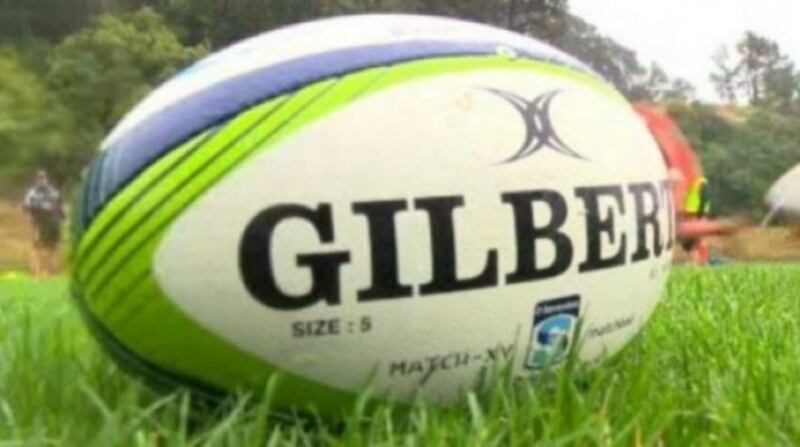In a bid to enhance the safety of players, New Zealand Rugby (NZR) has implemented the concussion Blue Card this season to all adult rugby games in the 14 largest Provincial Rugby Unions.
The Blue Card initiative which originated in Northland Rugby in 2014 will give referees an option to issue a Blue Card to a player suspected of receiving an on-field concussion during a game.
According to NZR, once a player is issued with a Blue Card they must leave the field and aren’t allowed to return until they complete a series of mandatory steps which include a three-week stand down from training and playing.
NZR's Head of Community Rugby, Brent Anderson said player welfare was paramount, and the extension of the Blue Card Concussion Initiative sent a clear message about the importance of looking after players on and off the field.
"The referee has no vested interest in keeping a player with a suspected head knock on the field. Referees will be trained to recognise the signs of suspected concussion.
"Player welfare is everybody's responsibility. While head knocks are relatively rare given the number of matches every weekend, it's important everybody, including supporters, clubs, referees and the medical community, understands how to manage concussion. We need to ensure players don't return to play until they are medically cleared and ready."
Anderson says the Blue Card initiative has received positive results and feedback from the rugby community in Northland which was key to extending the initiative throughout the country.
It will now apply to all adult rugby within the Mitre 10 Cup Provincial Unions and it can also be implemented in age grade rugby.
Some Provincial Unions have implemented the Blue Card into secondary school competitions.
"Implementing the Blue Card requires a collective effort. Referees need to be trained to better recognise the signs of concussion, coaches and players need to support the mandatory stand-down period, and local medical professionals need to help us record, track and report on the injury or suspected injury," says Anderson.
According to the NZR
When a player is issued with a Blue Card by the referee, they must leave the game, and can't return to play in that match.
The player must then:
• Rest until there are no on-going symptoms
• Complete the minimum stand down period (21 days for adults, 23 days for under
19 players)
• Undertake the Graduated Return to Play Protocol
• Obtain medical clearance to return to play

